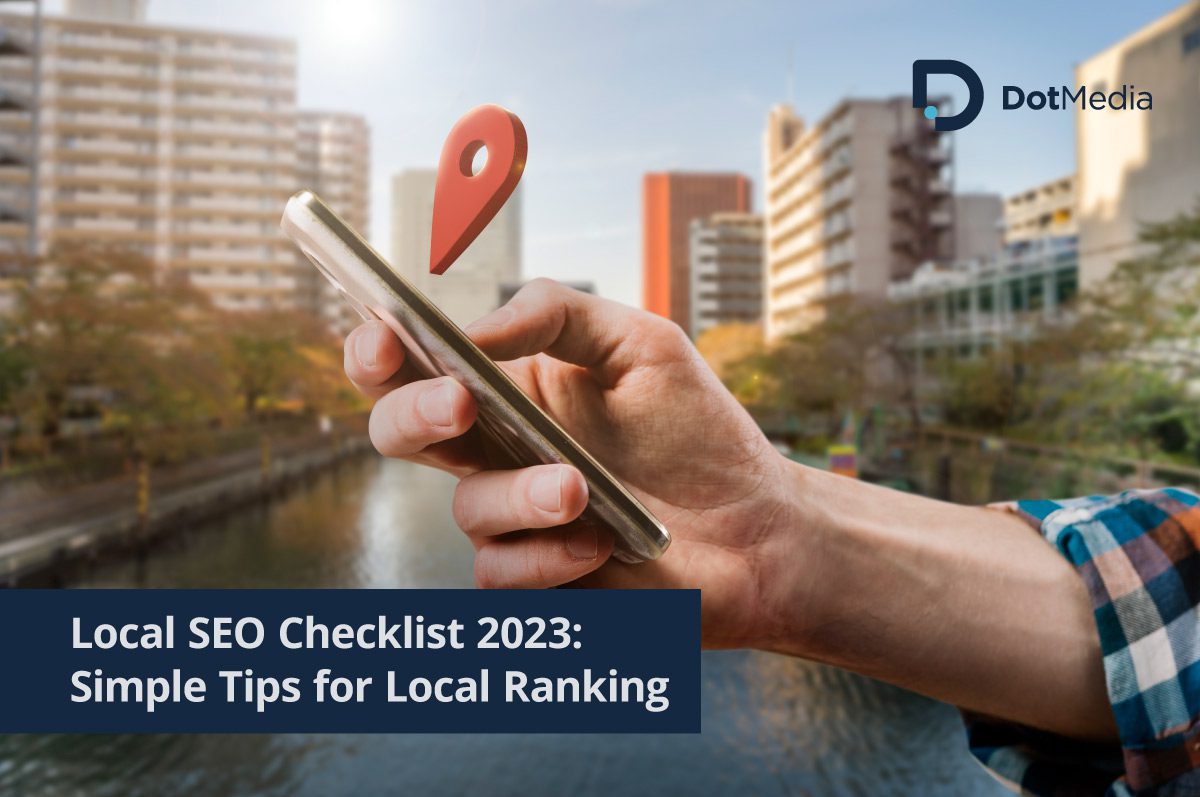How the Rise in Voice Search Impacts Digital Marketing
As long as new algorithms, software, and AI systems continually develop, digital marketing will adjust to these changes continuously. Today, voice search has been quite running the game. Now that more people use smart speakers and mobile voice search to ask inquiries, marketers are trying to keep pace.
Here are some trends in voice search and how it impacts digital marketing:
Voice search on smart speakers
Many have loved the first smart speaker products, Alexa and Siri, that several households around the globe have these. Consumers have enjoyed asking random questions to these devices just to see how they respond. Data from Strategy Analytics shows that about 5.8 million households in the UK had a smart speaker at the end of June 2019. Unknowingly, voice searches have improved because of that.
As the use of smart speakers continues to rise, the use of voice search will increase accordingly. Today, tech giants have Google Home and Apple HomePod to keep pace with consumer demand.
How does this affect digital marketing?
Voice search users use a conversational tone when asking inquiries. Unlike on laptops where people usually put short phrases when searching, voice search uses complete thought of phrases.
With that said, digital marketers optimise their content to fit with the demand and become searchable on voice search. Marketers are also trying to rank their website on Google’s featured snippets because it turns out the voice searches read featured snippets to answer consumers’ inquiries.
Voice search on mobile
Google’s voice search is the voice search for smartphones. It seems like voice search is more mobile than ever because, according to Google in 2016, about 20 per cent of searches both on its apps and Android devices are via voice search. It is no surprise because they are obviously making it more available to anyone now that it has more than 100 supported languages.
How does this affect digital marketing?
Going mobile-friendly is not new in digital marketing. However, now that voice searches are more prominent on smartphones, businesses who still haven’t optimised their website to mobile should start doing so now.
That goes to show that most online users use their mobile devices more often. If you want to be visible on mobile as well, design a mobile-friendly website, or you’re going to be left out.
Voice search and local businesses
Searches on local businesses are growing on voice search. Studies show that 58 per cent of consumers have found local businesses in the past year using voice search. Google also said that searches for “near me” shops have dramatically increased, which is good news for local businesses.
How does this affect digital marketing?
Digital marketers have become more encouraged to rank their websites and content with SEO geotagging strategies. By finding the right location and right audience, marketers can grow more in their leads, engagements, and sales.
Conclusion
Voice search is one additional digital marketing strategy that marketers should now study. As voice searches via Google’s Assistant, Sira, Alexa, and a lot more increase, businesses should keep pace so as not to stay behind the SEO ranking game. It will surely develop more in the following years, so companies should always be ready to create new strategies and adapt to changes.
We’re a digital marketing agency in Devon that can help you with voice search optimisation. Contact us today and let us discuss how we improve your voice SEO!





